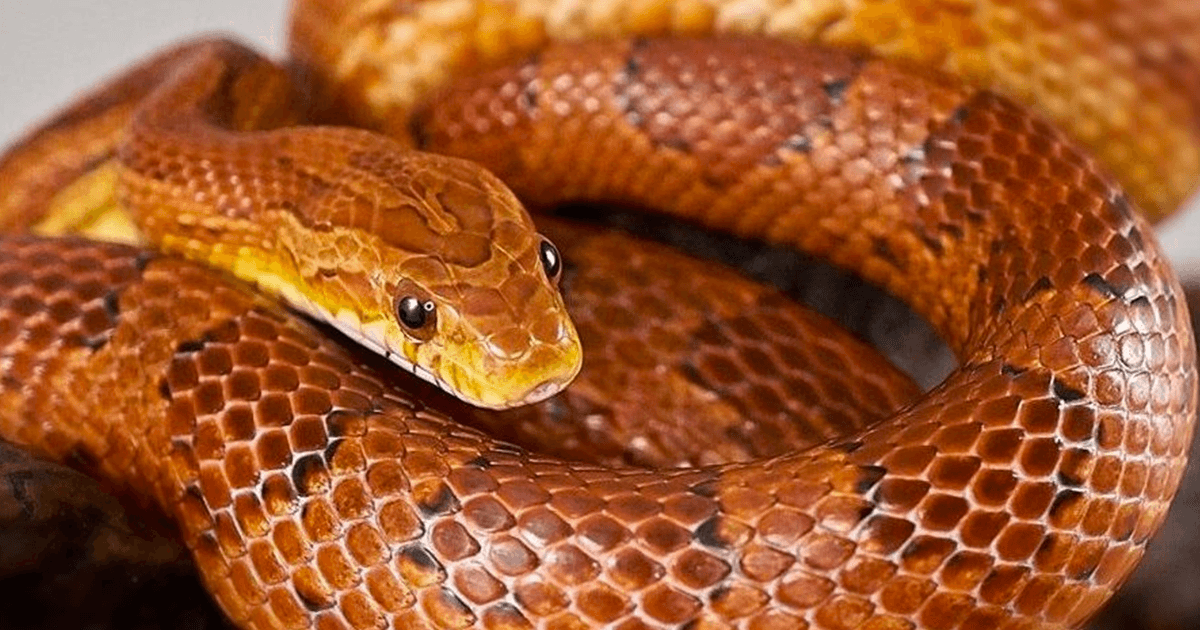Several recent instances of cruelty against elephants in the country have been a wake-up call for the government.
Thus, Project Elephant has been initiated. This project will aim to minimize the atrocities against elephants in captivity by collecting blood and faecal samples of the estimated 2,700 captive elephants.

The director of the project, Noyal Thomas told Times of India that each of these elephants will get a unique identification number just like an Aadhaar card which will be based on their DNA.
Genetic mapping will ensure that captive elephants are only kept by authorised persons after getting a nod from the state chief wildlife warden. Thus, it will ensure that all the captive elephants are under the scanner of the state forest department and incidents of poaching do not take place.

Currently, most of India’s captive elephants are in Assam (nearly 1,000), followed by Kerala which has 500 captive elephants and Tamil Nadu which has 300 captive elephants.
According to Thomas, the benefit of genetic mapping is that it will keep a check that the population of the captive elephants doesn’t boil over. It also will check that no elephant is tortured or manhandled.

The data collected will be kept at the Elephant Cell of Dehradun-based Wildlife Institute of India (WII) which is also is co-ordinating the exercise.
Genetic mapping was done for the first time in Kerala in the year 2018.
H/T : TOI

















